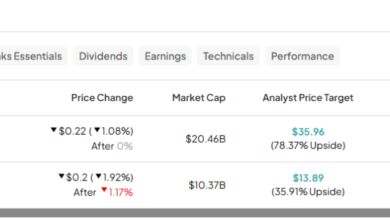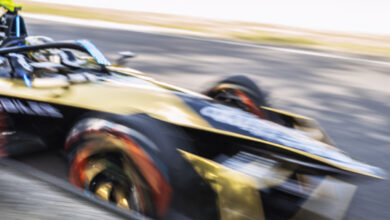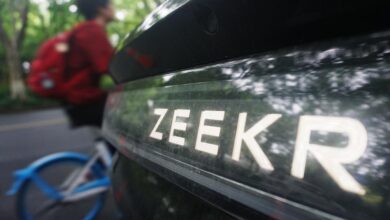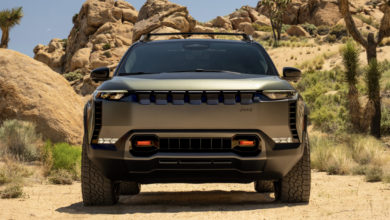Chinese maker of semi-solid EV batteries reports delivery jump amid range rivalry
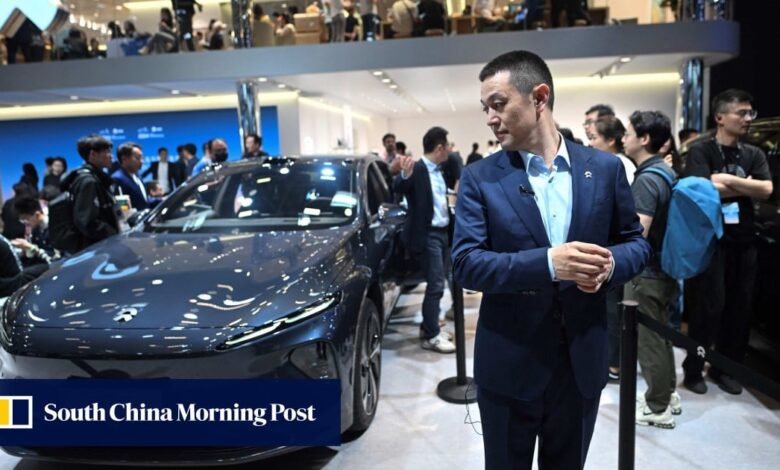
WeLion’s 150-kilowatt-hour (kWh) battery packs enable Nio to build EVs that can go as far as 1,000km on a single charge, and WeLion’s monthly delivery number translates to 3,200 of the 150kWh batteries.
“Battery technology is the most powerful weapon to propel the rise of the Chinese EV sector,” said Qian Kang, who owns car components businesses in East China’s Zhejiang province. “A wider use of the most advanced solid-state battery will eventually help the major assemblers move up the value chain when their high-performance cars with longer ranges attract more wealthy customers.”
Solid-state batteries are deemed a better option than batteries based on liquid electrolytes, which most EV makers use at present, because of safety, reliability and efficiency reasons. However, they require higher development and production costs. No fully solid-state EV batteries have been commercialised.
At the beginning of 2021, Nio announced that the extended edition of its ET7 sedan would go as far as 1,000km on a charge, powered by a 150kWh solid-state battery pack. It did not reveal the name of the supplier at the time.
WeLion began delivering its high-density semi-solid-state batteries to Nio in mid-2023.
Other Chinese carmakers, including Guangzhou-headquartered GAC Group and Shanghai-based IM Motors, are also building vehicles fitted with semi-solid-state batteries. The batteries can also be used in drones and robots.
Chinese players such as Contemporary Amperex Technology Limited (CATL) dominate the global EV battery industry, with the country’s top six companies controlling more than 60 per cent of the global market, according to Seoul-based SNE Research.
The mainland is also the world’s largest EV market, with electric car sales accounting for 60 per cent of the global total.
